
Many entrepreneurs launch beauty startups because they see a glaring gap in the market. It’s only after they’ve formulated their products and launched them that they learn how incredibly difficult it is to turn a profit as a beauty business.
That wasn’t the case for Tisha Thompson, founder of LYS (short for Love Yourself), a clean cosmetics brand that is inclusive to all skin tones. Since launching the line in 2021, Thompson has grown LYS’s sales to upward of $10 million. And she did so in a counterintuitive way: by building a bootstrapped brand that launched immediately into Sephora with just $500,000 in startup capital.
Thompson’s success is remarkable, particularly because many other Black founders in the beauty industry are struggling. This summer, the popular makeup brand Ami Colé shuttered after three years in business. Founder Diarrha N’Diaye-Mbaye says she wasn’t able to find enough capital to stay afloat. Many other Black-owned beauty brands, including Beauty Bakerie, Ceylon, and Koils by Nature, have also been forced to close.
For Thompson, it’s important to offer a counterpoint to these stories, and to show retailers and investors that it is possible to succeed as a Black-owned brand that targets Black consumers.
“There’s this narrative that Black-owned businesses are failing, and that’s really unfair because there are many white-owned businesses that are also failing,” she says. “Every brand has its own story, and I just want to show that a Black-owned business can be profitable. I want to tell the industry: Don’t give up on us.”
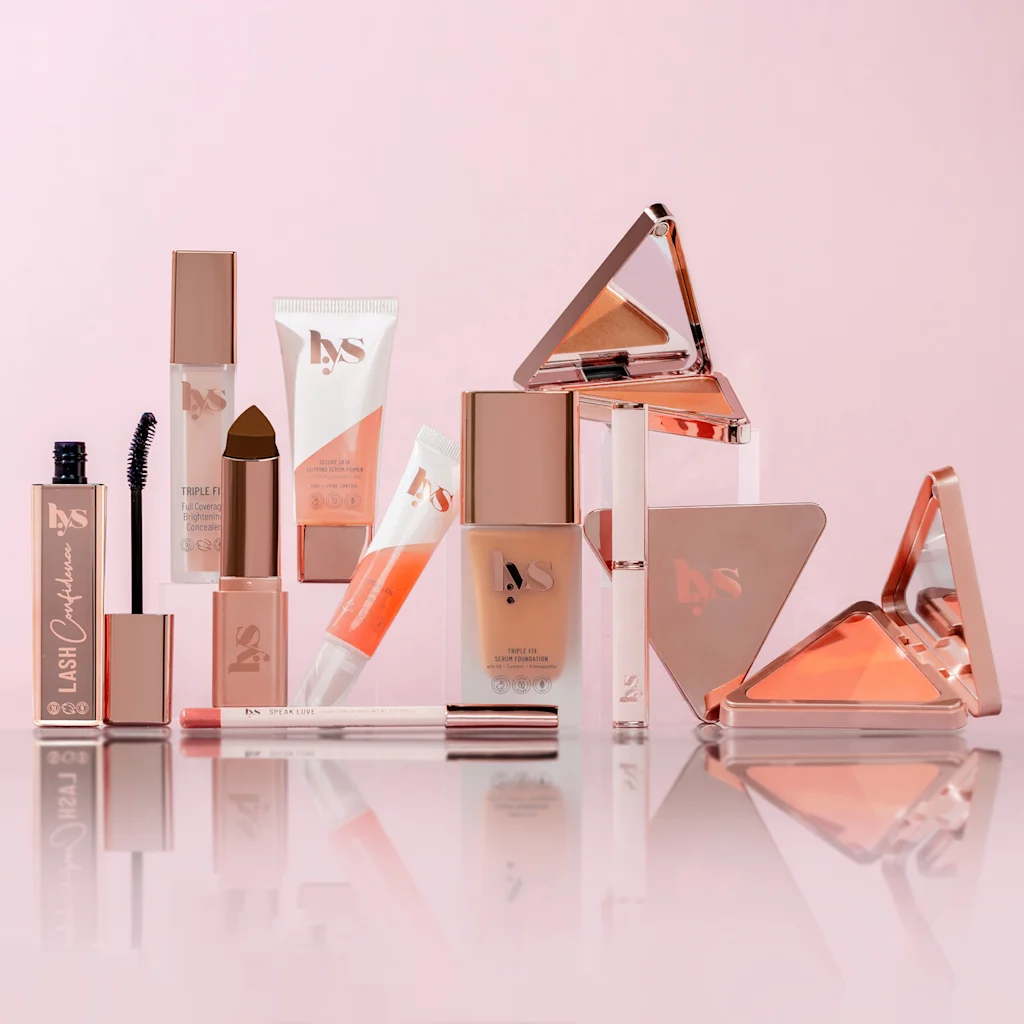
Identifying A Gap In The Market
Thompson has always loved makeup. As a teenager, she would spend gym class doing makeovers for her friends instead of running laps. But when she started her career in the beauty industry, she began to see that many companies did not seem to value her as a consumer. “For so long, makeup has left people who look like me—plus-size black women—out of the conversation,” she says. “They were not marketing to us at all.”
As she was coming up in her career, the clean beauty industry was taking off, and she got a job at Pür, a brand that formulates products without toxic ingredients. Brands like Beautycounter and retailers like Credo highlighted how unregulated the beauty industry is, and how many questionable ingredients are in our products. But it always struck her that the clean beauty industry was not targeting Black women.
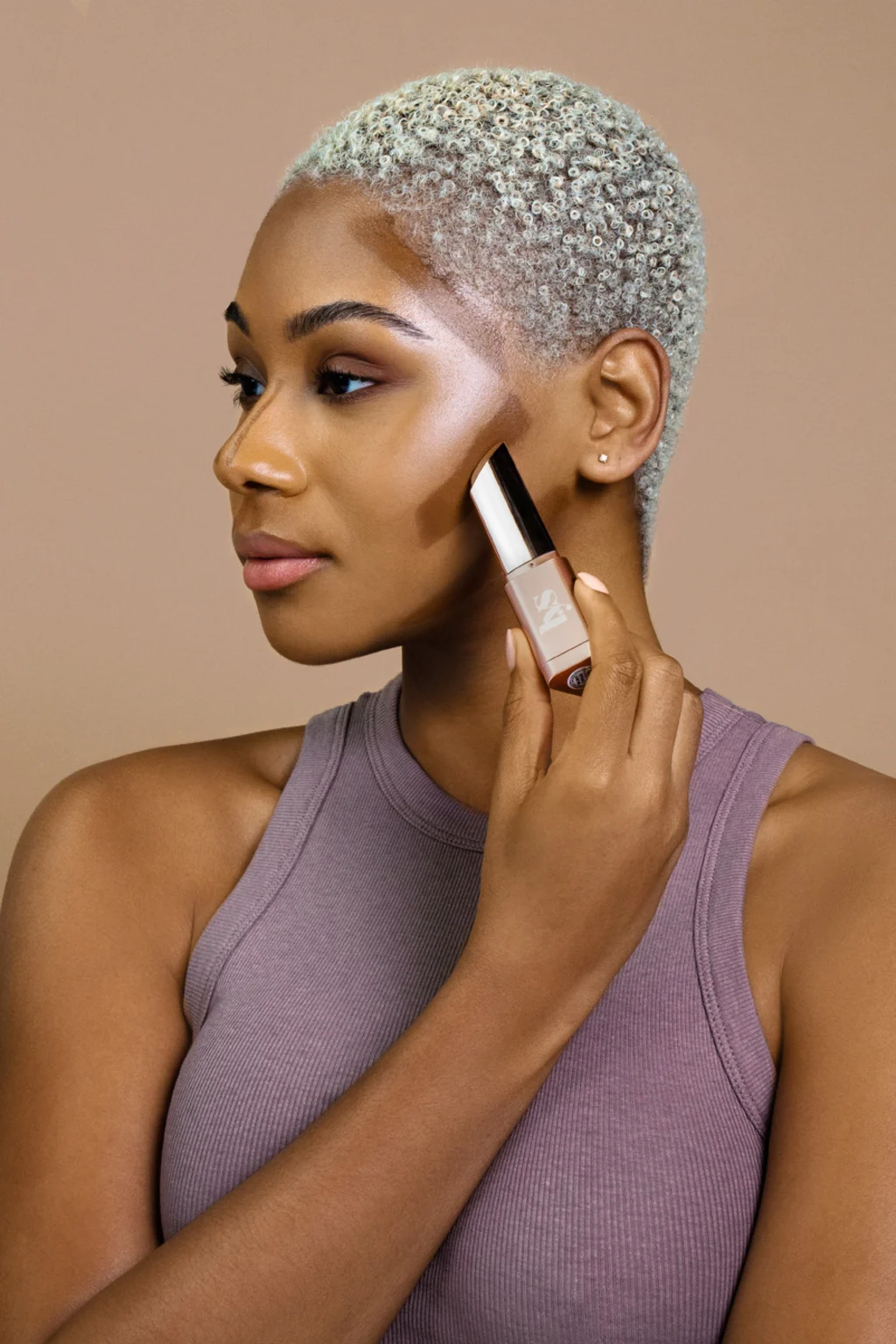
“They didn’t prioritize women of color in their strategy,” Thompson says. “They were predominantly marketing around an older white woman and selling products at a higher price point.”
Thompson realized there was a gap in the market for a more inclusive clean makeup brand. But knowing how expensive it is to launch a beauty company, she didn’t think she was in a position to start one. “I don’t come from money, and I don’t have access to money,” she says. “It seemed like an impossible dream.”
Then in 2019, Thompson’s father died, and this changed her calculation. She decided to take the plunge and began writing up a business plan. “Sometimes when something traumatic happens, you lose your rational thinking,” she says. “I realized life is short and I might not be here tomorrow. So I decided I would try to be the change I wanted to see in the world.”
Getting to 8-Figure Revenue
Before launching LYS, Thompson had spent 15 years in the trenches of the beauty industry. She was a makeup artist at MAC, ran marketing for Pür Cosmetics, and handled finances at the beauty conglomerate Astral Brands, which owns Butter London.
“My superpower today is understanding the finances of the beauty industry,” she says. “Beauty is a very expensive business, and to run a company you need to understand all the details—from the cost of goods to sales to operations.”
Launching a beauty brand requires spending money on formulation, packaging, and inventory, as well as on marketing to get the word out. Many beauty founders start to raise money as soon as they have an idea. But Thompson was a lot more conservative about taking money because she knew that investors tended to prioritize growth and scale, which could make it hard to become profitable.
Thompson poured the small inheritance her father left her into this startup. She also found an angel investor who was willing to put some money into the business. But this amounted to less than half a million dollars, far less than many other beauty brands.
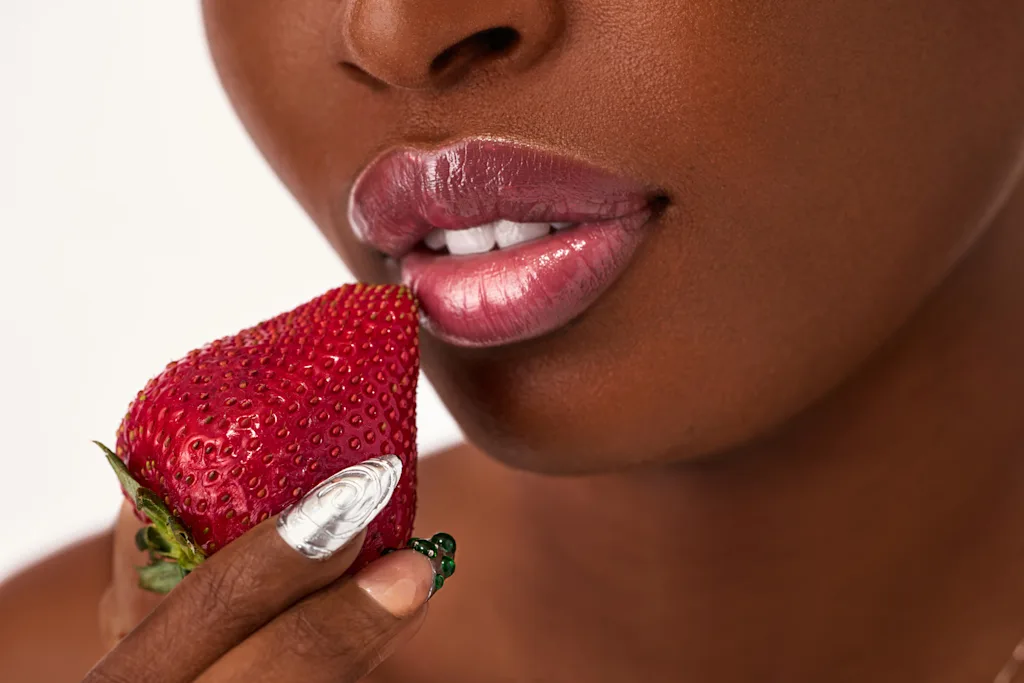
Then she did something a little crazy. To get the brand out into the world, Thompson realized she needed the help of a retailer like Sephora. Since she didn’t know anybody at the company, she decided to reach out cold.
“I basically drunk-texted Sephora,” she says. “I had a glass of wine one night, went on LinkedIn to find a merchant, and sent them my deck of slides about the brand. I thought it would go into a deep dark hole, but 10 days later, I got an email back from Sephora saying they’d love to talk.”
Like Thompson, Sephora’s merchants identified that most clean brands weren’t targeting the Black consumer, and they thought her business idea was smart. So they signed her up to sell her products on the Sephora website as a test to see if it had the potential to do well in-store. Thompson used her startup capital strategically, mostly to meet Sephora’s inventory needs. She poured money into formulating products, designing packaging, and manufacturing.
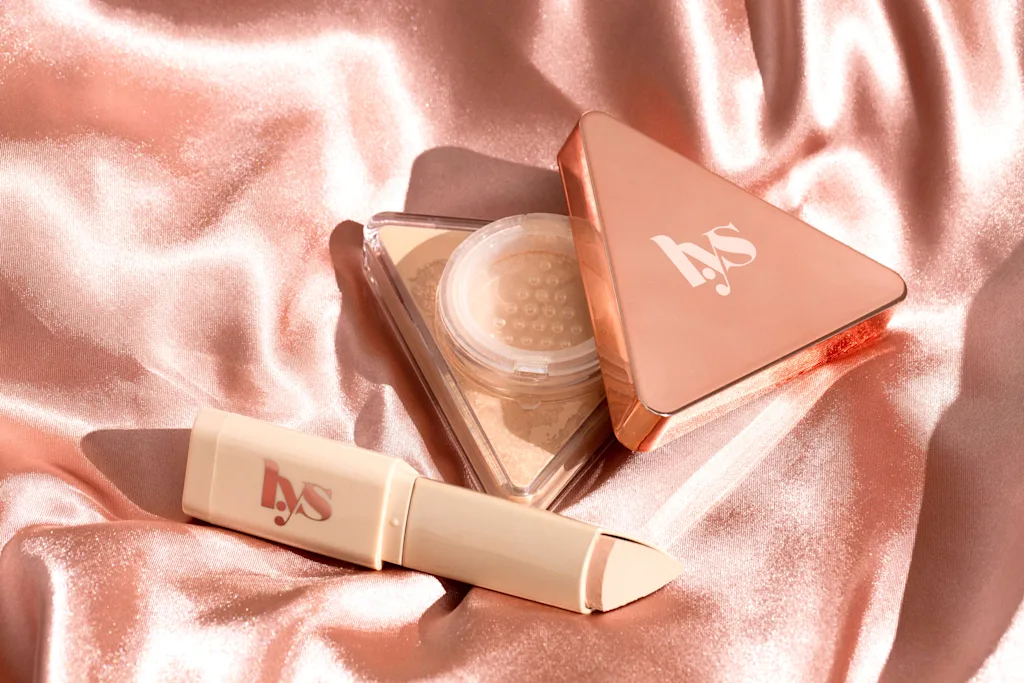
What she didn’t do was spend money on hiring staff or on marketing, which are often major expenses for beauty startups. Instead of spending money on social media marketing, Thompson reached out to 300 influencers who might be willing to promote her brand for free because they believed in her mission.
“I had a lot of relationships with creators from my former life,” she says. “I reached out to the most impactful creators who could help me get this brand off the ground, and almost all of them posted a video at launch. YouTube filled up with people promoting the launch of the first Black-owned clean makeup brand at Sephora.”
On launch day, LYS blew through four months’ worth of inventory in 24 hours. Sephora quickly decided to launch the brand in its stores.
Saying No To Black Lives Matter Money
Thompson’s approach was different from many other Black-owned beauty brands that launched during this period. After the murder of George Floyd in 2020 and the growth of the Black Lives Matter movement, many investors began to realize that they had failed to support Black founders and set aside funds to invest in Black-owned businesses. Retailers like Target and Sephora made commitments to devoting more shelf space to Black-owned brands.
Many Black founders benefited from this sudden support. Ami Colé’s founder received $1 million in investment very quickly, allowing her to launch in Sephora. Ceylon Beauty, a skincare brand for men of color, received a $50,000 grant from Glossier as part of a program for Black founders. Koils by Nature, a haircare brand, was picked up by Target.
But when Donald Trump entered office at the start of this year, waging an assault on companies that were committed to diversity, equity, and inclusion, many investors and retailers changed their tune. All of these brands relied on continued funding for working capital, but investors were unwilling to keep supporting them. They’ve all since shut down.
During the Black Lives Matter movement, Thompson started receiving calls from investors wanting to fund her business. But she decided to turn them down. She could not possibly have predicted that money would later dry up for Black founders—her reason for rejecting this capital was more practical. She wanted to maintain more equity in her company.
“Without scale as a Black-owned business, I knew that you would have to give up more equity than the average brand,” Thompson says. “I looked around and saw these brands giving up a lot more of their company for small chunks of money.”
And besides, she didn’t need the money because she had found a way to remain cash positive, without any investment, by keeping her expenses low and pouring all profits back into the business. “I was the only employee for the first two years of the business,” she says. “This was an extremely lean operation.”
This year, Thompson realized she couldn’t continue to scale without investment. The brand was already generating upward of $10 million in annual revenue, thanks to its partnership with Sephora. The next frontier was to go international. In March, LYS announced it had received eight figures of funding led by Encore Consumer Capital. While this is a lot of capital, Thompson says the point of raising this money was to find a strategic investor who had connections in international markets.
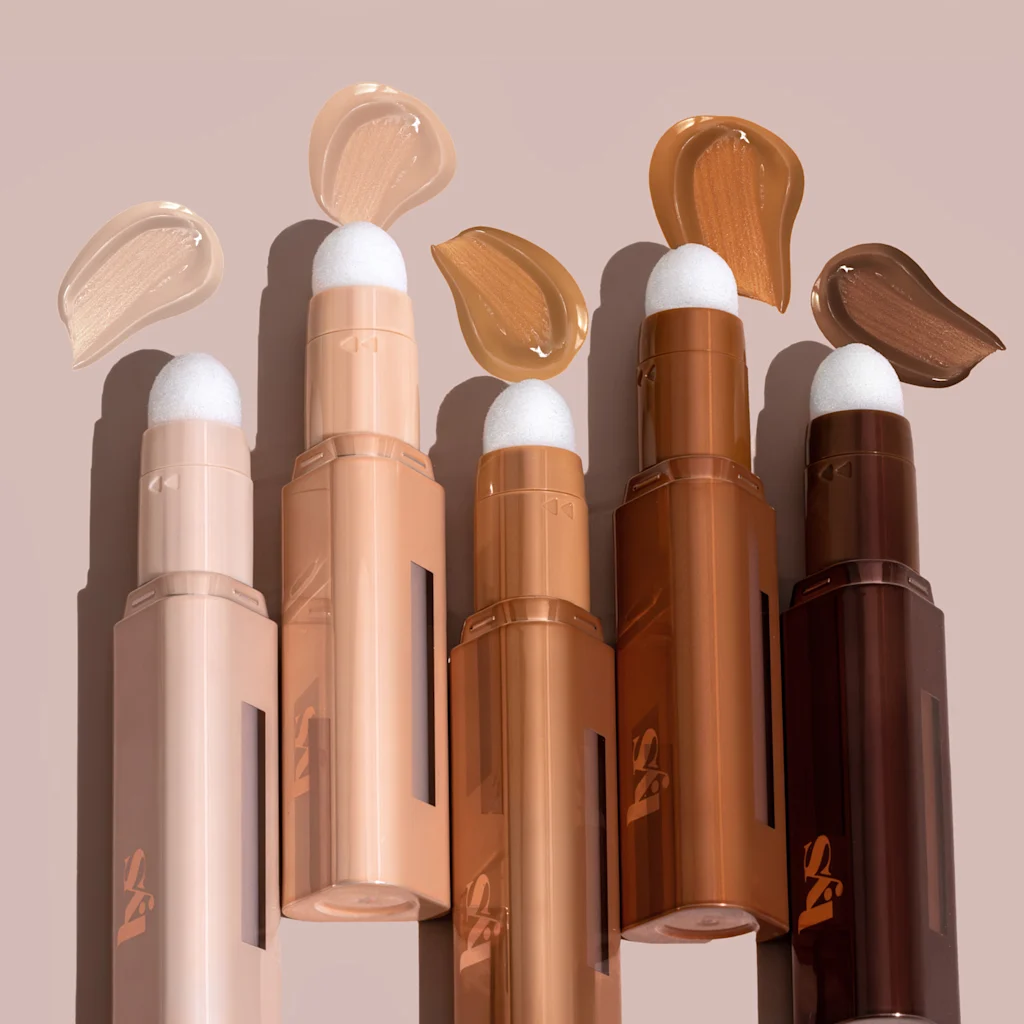
“This investor has backed Tarte and Supergoop, which are brands that have reached a scale beyond what I am capable of,” she says. “The international market is uncharted territory for LYS, but these investors are able to just pick up the phone and make an introduction to a retailer in Europe or Asia.”
Thompson is excited for LYS’s next chapter, as it begins to announce partnerships with department stores and retailers overseas. But just as important, she wants to inspire other Black entrepreneurs to not give up, even though it seems like a bleak time to be a founder of color.
“When I was coming up in the industry, I didn’t see a lot of founders like me, and that made me doubt whether I could really do this,” she says. “I want other Black founders to realize that running a successful company is attainable.”


